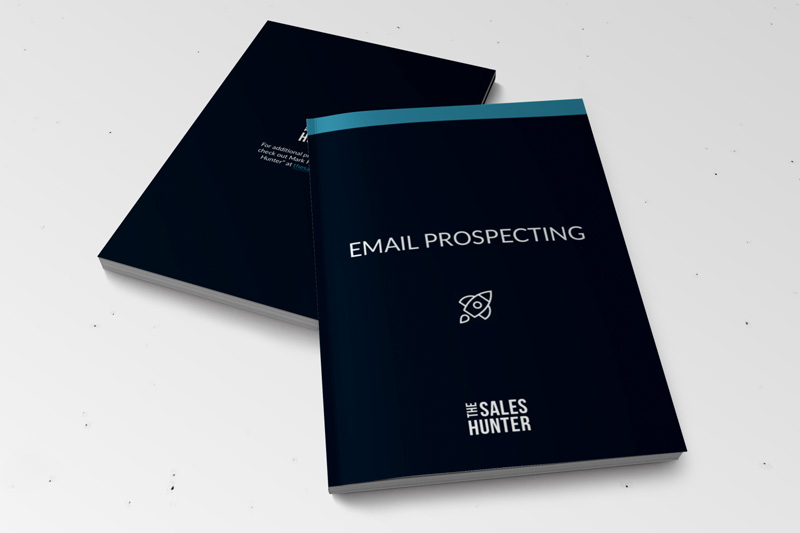 Too many times salespeople wind up selling their competitor’s products or services without even realizing they’re doing it.
Too many times salespeople wind up selling their competitor’s products or services without even realizing they’re doing it.
How it many times happens is when the customer asks the salesperson what their price is early on in the sales presentation, the salesperson feels the obligation to tell the customer what their prices are.
Big mistake!
First, no matter how much a salesperson may want to help a customer, price should never be shared until a firm understanding of the needs and benefits are on the table.
What happens when the salesperson shares their price before the needs and benefits have been clearly discussed is the customer takes what they heard and suddenly compares it to something else. In many cases, they compare it to a similar product or service they might be considering.
Unfortunately, the customer doesn’t have a clear understanding, so they begin to frame their decision around what they do know — and that’s price.
If you’re a low-cost producer, then you might say, “Fine… I’ll get the business!” The problem is if you’re a low-cost producer, there’s no way you’ll keep the business, because somebody will come along and undercut you.
If you’re a typical salesperson, what you’ll find yourself in is a box where the customer is now about to make their buying decision based on price. In most cases, that will mean it’s somebody else who will get the order. Congratulations! Credit your fine job of wanting to answer the customer’s question quickly with causing you to lose any hope of closing that sale.
Next time the customer asks you for your price early on, merely tell them how you want to better understand first what they are looking for. Your objective is to explore and uncover the customer’s needs and wants — and then share how what you have to offer can benefit them. That’s the order you do things… explore, uncover and share.
Don’t think you can share and then uncover and explore. It just doesn’t work.
Copyright 2013, Mark Hunter “The Sales Hunter.” Sales Motivation Blog.














One Response
Mark,
I completely disagree with much of your advice here. Pricing is something that we should get out fairly early in the process.
The first thing we should have is a qualifying conversation, with the first topic of discussion being the customers needs. First we need get an idea of what their pains are and why they want to fix them, or what their goals are and why it’s important they achieve them.
Then you decide if your solution can help them solve that problem/achieve that goal. After confirming I understand their high-level problem, I usually spend 5 minutes explaining how our solution could address it and I attempt to get buy in that this is in line with their expectations of how they want to solve that problem.
Then I figure out what it’s going to cost and I share that investment with them. I usually provide a useful range and say we’ll narrow it down as we progress through the evaluation.
From there, the customer either accepts that says let’s move on, or they push back. If they push back, I handle that objection by referring back to the pains and clarifying it and matching it up with the value. In some cases it works, and it other cases it doesn’t because the customer simply can’t afford my solution.
If that turns out to be the case, then great! I’ve avoided wasting time with someone who can’t buy from me. This whole conversation lasts anywhere from 10-15 minutes to an hour max. This is before I’ve presented anything or engaged any resources on my end.
I do this because before I do any presentations, I want to know that the prospect and myself are on the same page when it comes to budget, needs, timeline etc. Classic BANT qualification.
Now the one caveat I will say is that if the customer asks me the price in the first 2 minutes of a call, I know that this is probably not a good prospect to chase, and I give them the range from the absolute lowest price we can sell for, to the absolute highest, which is typical a range of 40-50k to 1 million.
For that type of prospect, usually the low range is 10x too high and that ends the call, which is probably the right move for both of us.
Just my 2 cents.
James